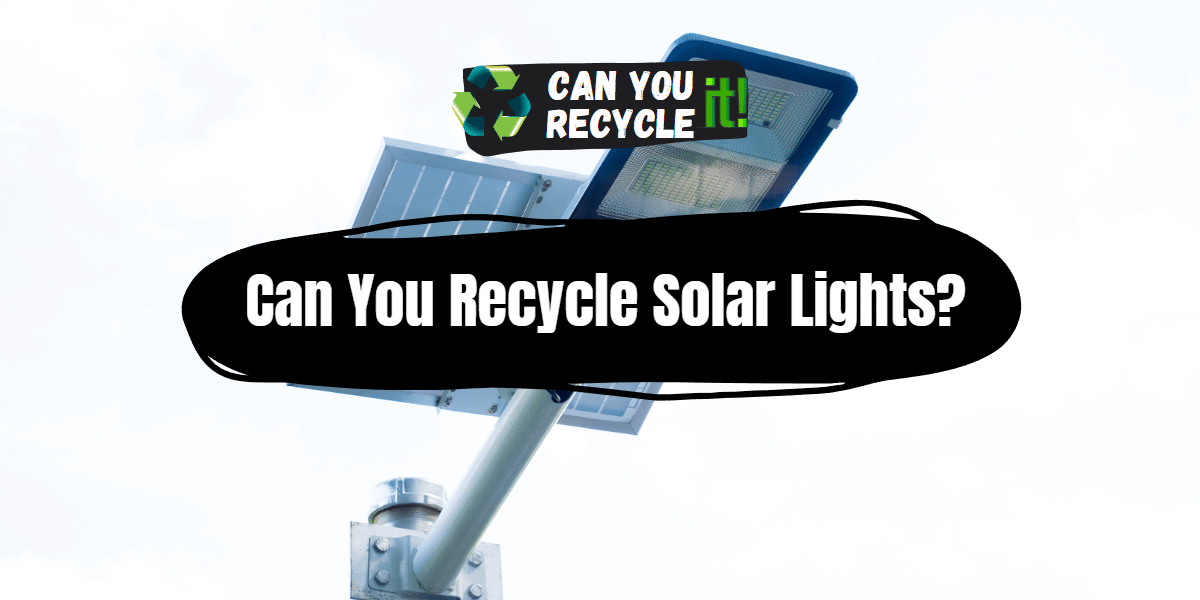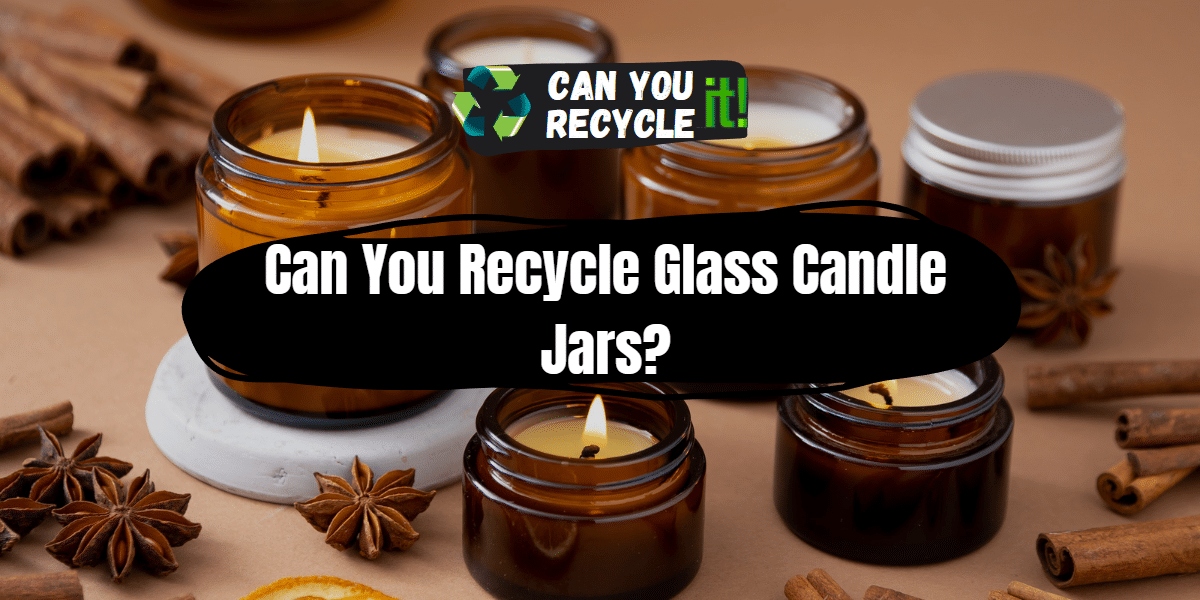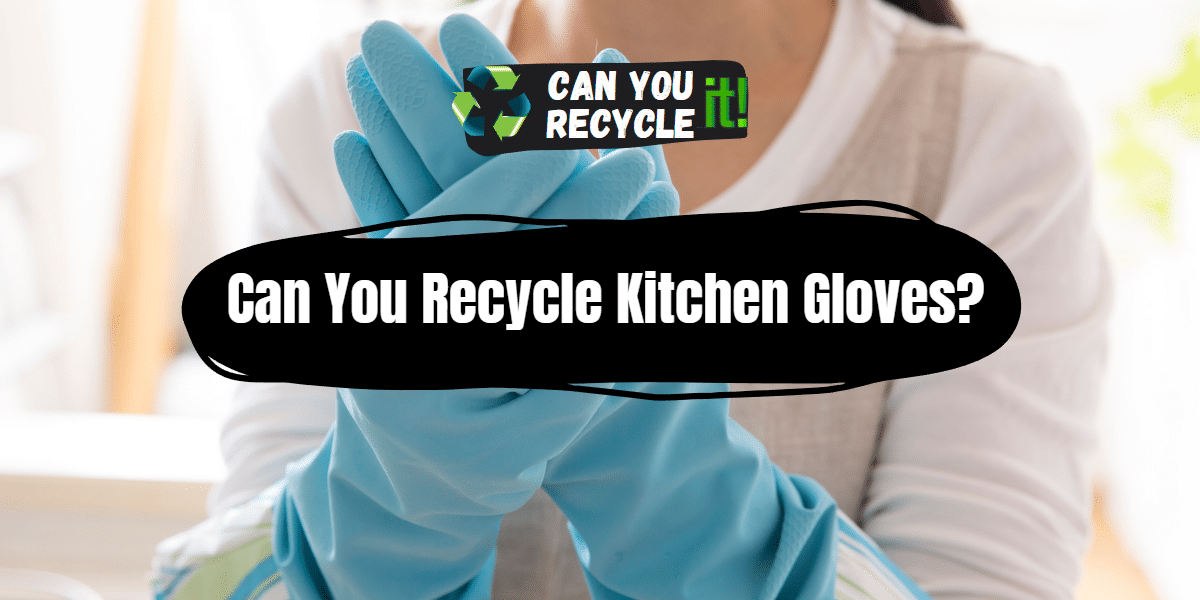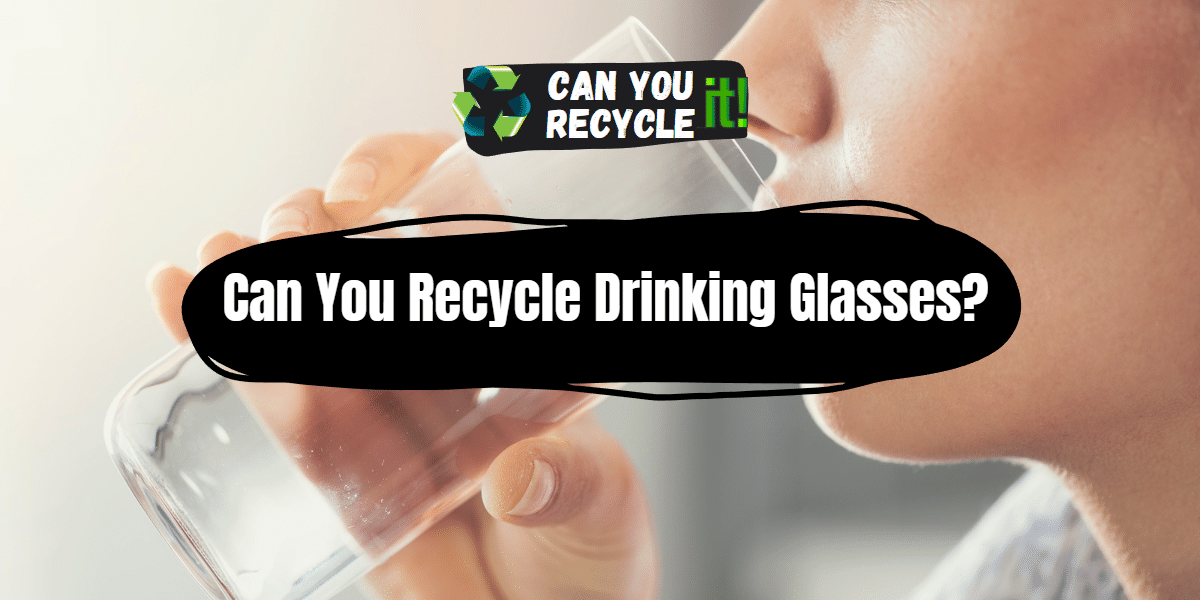The question of whether solar lights can be recycled often elicits a simple “yes” or “no” response. However, the answer is not as straightforward as it may seem. Let’s delve into the nuances of recycling solar lights to provide a comprehensive understanding.
Yes: In many cases, solar lights can indeed be recycled. They contain various components, including solar panels, batteries, LED lights, and plastic housings, which can be separated and recycled appropriately. Recycling these components allows for the recovery of valuable materials and reduces the environmental impact of electronic waste.
No: On the other hand, not all recycling centers or waste management facilities accept solar lights. The availability of recycling options may vary depending on your location. Some areas have specialized electronic waste recycling programs that specifically cater to solar lights, while others may not offer such services. This limited access to recycling facilities can make proper disposal a challenge for some individuals.
Solar lights are becoming increasingly popular as a sustainable and eco-friendly lighting option for both indoor and outdoor use. They harness the power of the sun to provide illumination, reducing the dependence on traditional energy sources. As with any electronic device, the question arises: Can you recycle solar lights? In this article, we will explore the dos and don’ts of recycling solar lights, provide a step-by-step guide to recycling them, discuss what to do with solar lights that cannot be recycled, delve into the environmental impact of recycling solar lights, answer some frequently asked questions, and offer final thoughts on this important topic.
Table of Contents
Do’s and Don’ts
When it comes to recycling solar lights, there are certain dos and don’ts to keep in mind. Let’s start with the dos:
Dos
- Research Recycling Centers: Find out if any recycling centers or programs in your area accept solar lights for recycling. These specialized centers have the necessary equipment and processes to handle electronic waste safely and responsibly.
- Separate Components: Before recycling, it’s advisable to separate the different components of the solar light. This includes removing the solar panel, battery, and any other detachable parts. Check the manufacturer’s instructions for guidance on disassembly.
- Proper Disposal: If recycling is not an option, it’s important to dispose of solar lights properly. Contact your local waste management authority to determine the appropriate method for disposing of electronic waste in your area.
Don’ts
- Don’t Dispose in Regular Trash: It is crucial to avoid throwing solar lights into regular trash bins. Electronic waste contains hazardous materials that can harm the environment and human health if not handled properly.
- Avoid Burning or Incinerating: Burning or incinerating solar lights is not a safe or environmentally friendly disposal method. It releases harmful chemicals into the air and contributes to pollution.
5-Step Guide to Recycle Solar Lights
If you’re interested in recycling your solar lights, follow this simple 5-step guide:
Step 1
Check Manufacturer Information: Start by checking the manufacturer’s website or product packaging for any specific instructions on recycling their solar lights. Some manufacturers may have their own take-back programs or recommended recycling methods.
Step 2
Remove Batteries: If your solar lights have removable batteries, take them out before recycling. These batteries often contain hazardous materials and should be recycled separately at appropriate battery recycling facilities.
Step 3
Separate Components: Disassemble the solar lights, separating the different components like the solar panel, LED lights, wires, and plastic housing. This step is important to ensure that each part can be recycled appropriately.
Step 4
Find Recycling Centers: Look for local recycling centers or electronic waste recycling programs that accept solar lights. These facilities have the expertise to handle electronic waste and ensure proper recycling and disposal.
Step 5
Drop-off or Arrange Pickup: Once you’ve identified a suitable recycling center, arrange for drop-off or pickup of your solar lights. Follow their instructions and guidelines for proper recycling procedures.
What to Do with Solar Lights That Cannot Be Recycled
While recycling is the ideal solution for solar lights, there may be instances where recycling options are limited or unavailable. In such cases, consider the following alternatives:
- Repair: If your solar lights are malfunctioning or damaged, explore options for repair. Often, simple fixes can bring them back to working condition, extending their lifespan and reducing waste.
- Donate or Sell: If your solar lights are still in good working order but no longer needed, consider donating them to local community centers, schools, or charitable organizations. You can also sell them through online platforms or local classifieds.
- Upcycle: Get creative and repurpose solar lights for other uses. For example, you can transform them into decorative lanterns, garden ornaments, or even innovative art installations.
- Dispose Properly: If recycling, repair, donation, or upcycling are not viable options, dispose of solar lights following your local waste management guidelines. Remember to remove batteries before disposal and avoid regular trash bins.
While recycling is preferred, exploring these alternatives can contribute to waste reduction and a greener lifestyle.
Environmental Impact of Recycling solar lights
Recycling solar lights is not just beneficial for waste reduction but also has a positive impact on the environment. Here are some key ways in which recycling solar lights contributes to a greener planet:
- Reduces Electronic Waste: Recycling solar lights diverts electronic waste from landfills, preventing hazardous materials from leaching into the soil and water sources. This helps protect ecosystems and safeguard human health.
- Conserves Resources: Recycling allows for the recovery and reuse of valuable materials found in solar lights, such as metals (e.g., aluminum, copper), glass, and plastic. By reusing these materials, we reduce the need for raw material extraction and minimize the energy-intensive manufacturing processes required for new products.
- Saves Energy: The recycling process consumes significantly less energy compared to the production of new materials. By recycling solar lights, we conserve energy resources and reduce greenhouse gas emissions associated with manufacturing.
- Promotes Circular Economy: Recycling solar lights contributes to the concept of a circular economy, where products and materials are recycled and reintegrated into the production cycle. This reduces the demand for new resources and minimizes waste generation, creating a more sustainable and efficient system.
- Prevents Pollution: Proper recycling of solar lights ensures that hazardous substances, such as lead, mercury, and cadmium, are managed and disposed of safely. This prevents these harmful chemicals from entering the environment and causing pollution.
Recycling solar lights is a crucial step in minimizing the environmental impact of electronic waste. By choosing responsible disposal methods, we can contribute to a cleaner and healthier planet for present and future generations.
FAQs for Can You Recycle solar lights
Can I recycle solar lights in my regular recycling bin?
No, solar lights should not be placed in regular recycling bins. They require specialized recycling facilities for proper handling.
Can I recycle solar panels separately?
Yes, solar panels can be recycled separately. Many recycling centers accept solar panels for proper disposal and material recovery.
Are solar light batteries recyclable?
Yes, solar light batteries can be recycled. It’s important to recycle them separately at battery recycling facilities to prevent environmental contamination.
Conclusion and final thoughts 💭
Recycling solar lights is an essential step toward reducing electronic waste and promoting sustainability. By following the dos and don’ts of recycling, adhering to proper disposal methods, and exploring alternative options when recycling is not available, we can make a positive impact on the environment. Remember, recycling is just one part of the equation. It’s equally important to choose high-quality solar lights that are built to last and minimize waste from the start. Let’s embrace solar energy and make responsible choices to protect our planet for future generations.





Leave a Reply